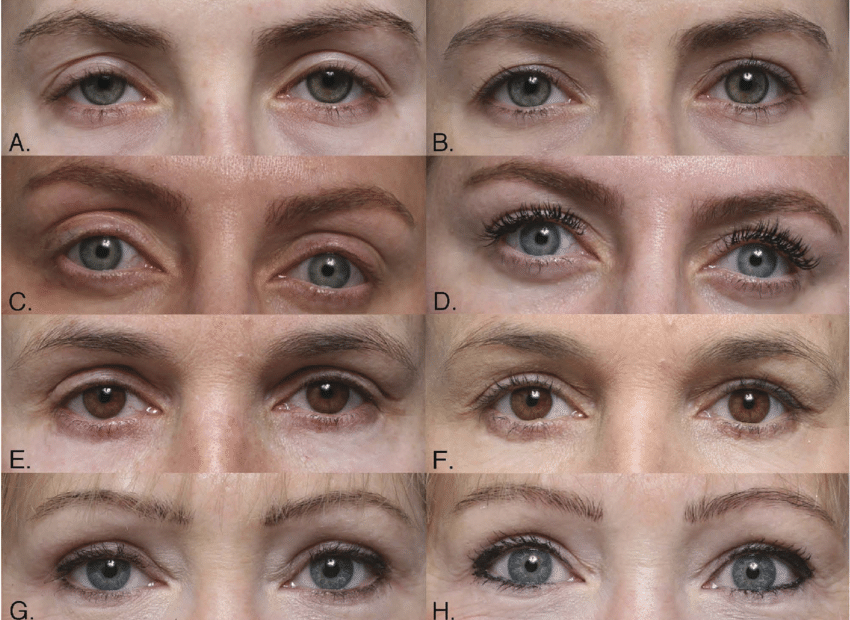
When you have ptosis, or droopy eyelids, it can be difficult to know if you need surgery. This post will help you understand the symptoms of ptosis and when surgery is necessary. Keep reading to learn more!
How do you know if you need ptosis surgery?
Ptosis is distinguished by the fact that the eyelid falls down over the pupil, blocking vision. Ptosis may be transitory in certain circumstances and will resolve on its own. In other cases, however, ptosis is a persistent problem that requires surgery to rectify. You may also have headaches, eyestrain, or exhaustion if you have ptosis. If you suspect you have ptosis, you should consult an eye doctor right once. They will be able to determine whether or not surgery is necessary. In some cases, surgery may not be the best option, and other treatments may be more effective. However, if ptosis is impacting your quality of life, surgery may be the best way to improve your condition.
What are the risks associated with ptosis surgery?
Although ptosis surgery is generally considered safe, there are a few potential risks to be aware of. The most common complication is bruising and swelling, which usually resolves within a week or two. In rare cases, the eyelid may become infected, and the eye may experience temporary vision loss or dryness. It’s important to consult with a qualified surgeon before undergoing ptosis surgery to ensure that the risks are minimized.
How much does ptosis surgery cost, and is it covered by insurance?
Ptosis surgery is used to treat droopy eyelids. The cost of the procedure will vary according to the severity of the drooping eyelid and the surgeon’s charge. Ptosis surgery typically costs between $3,000 and $5,000 on the low end. Whether the issue is hereditary, the operation is normally covered by insurance if congenital, but it is vital to check with your insurance carrier to see if they will cover the cost of the procedure. Ptosis surgery is a reasonably uncomplicated treatment with a quick recovery period. Most people can resume their typical activities within a week.
How can you prevent ptosis from developing in the first place or worsening over time?
While ptosis can be mild and barely noticeable, it can also be severe enough to interfere with vision. In some cases, ptosis may even require surgery to correct. There are a few things that can be done to prevent ptosis from developing or worsening over time. First, it is important to protect the eye from injury. Wearing safety goggles during activities where there is a risk of getting hit in the eye can help to reduce the risk of ptosis. Second, if you have had surgery on the eyelid, it is important to follow your surgeon’s instructions for care and follow-up appointments. Finally, if you have a family history of ptosis, you may want to talk to your doctor about possible interventions. Taking these steps can help to prevent ptosis from becoming a problem.
Are there any home remedies for ptosis that can help improve symptoms without surgery?
In some cases, ptosis can be corrected with surgery. However, there are also a number of home remedies that can help to improve symptoms without the need for surgery. For example, eye exercises can help to strengthen the muscles around the eyelid and improve ptosis. In addition, applying a warm compress to the affected area can help to relax the muscles and reduce inflammation. Finally, massaging the area around the eyelid can also help to improve circulation and promote healing. While these home remedies will not completely cure ptosis, they can help to improve symptoms and make it easier to live with this condition.
How to live with ptosis if you’re not planning on having surgery
If you’re not ready for surgery, there are still things you can do to live with ptosis. Applied cosmetics can help to camouflage the drooping eyelid. You can also try exercises to strengthen the muscles around your eye. And if your ptosis is due to neurological issues, there are treatments that can help to improve muscle function. With a little effort, you can find ways to manage your ptosis and live your life normally.
Ptosis surgery can be a life-changing experience, and if you think you may be a candidate for the procedure, it’s important to learn as much as possible about it. We welcome more questions and inquiries regarding ptosis conditions at Ava Eye Clinic. We hope this article has answered some of your questions and given you a better understanding of what ptosis surgery is and what to expect if you decide to undergo the procedure.
